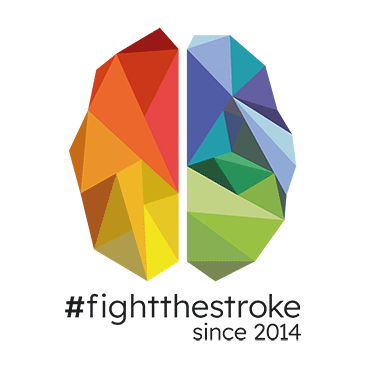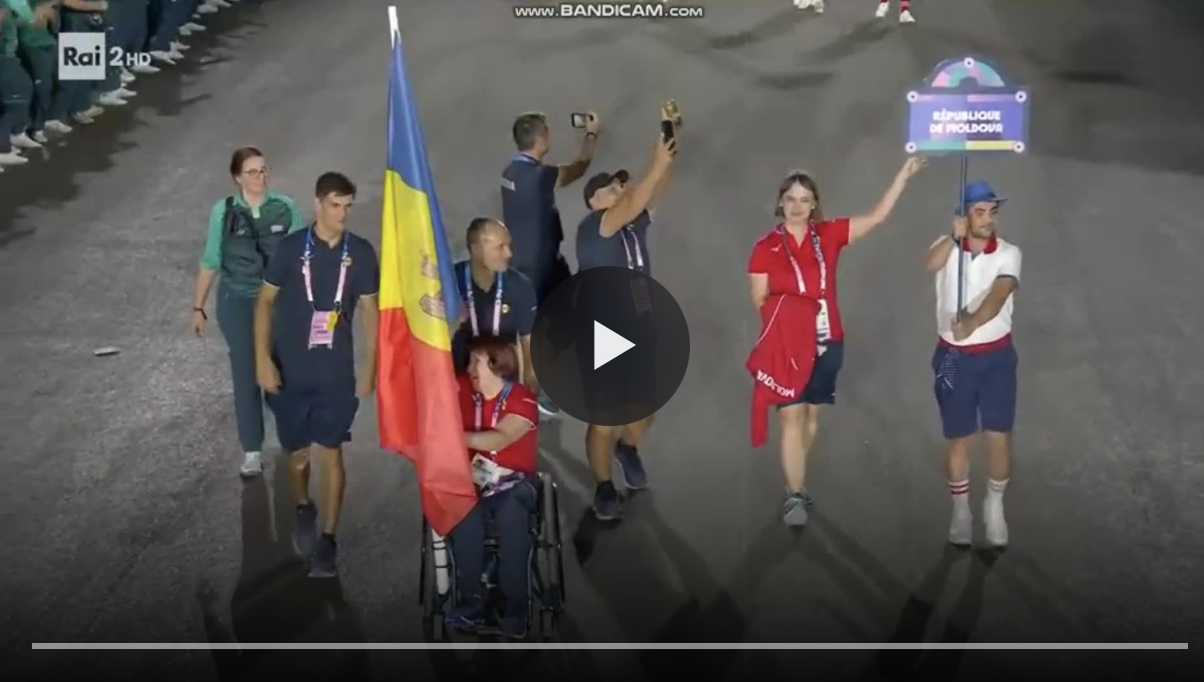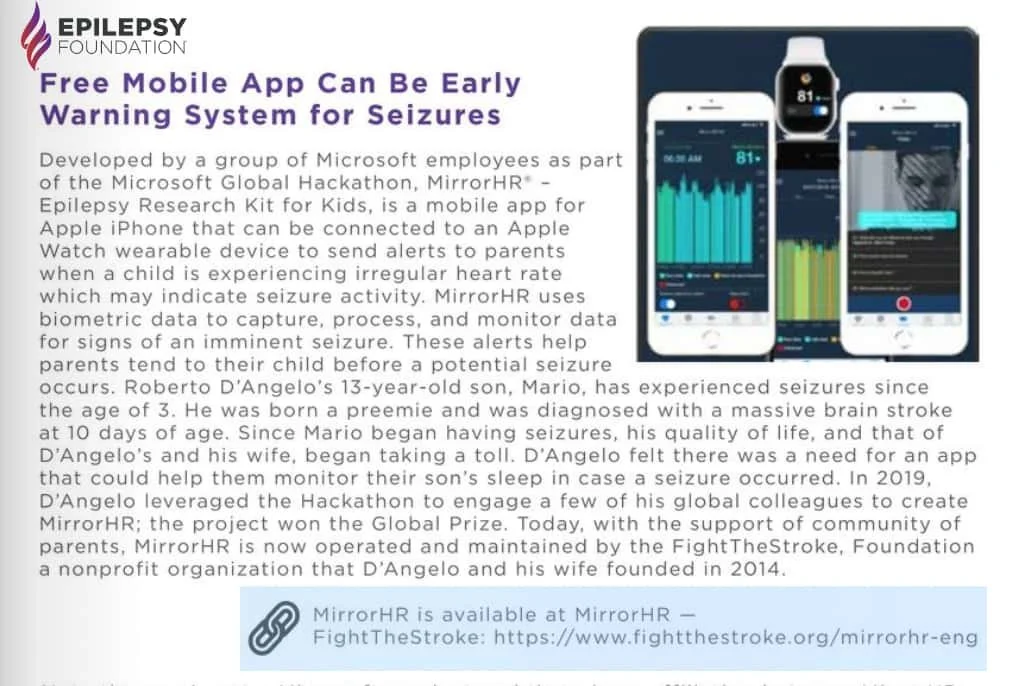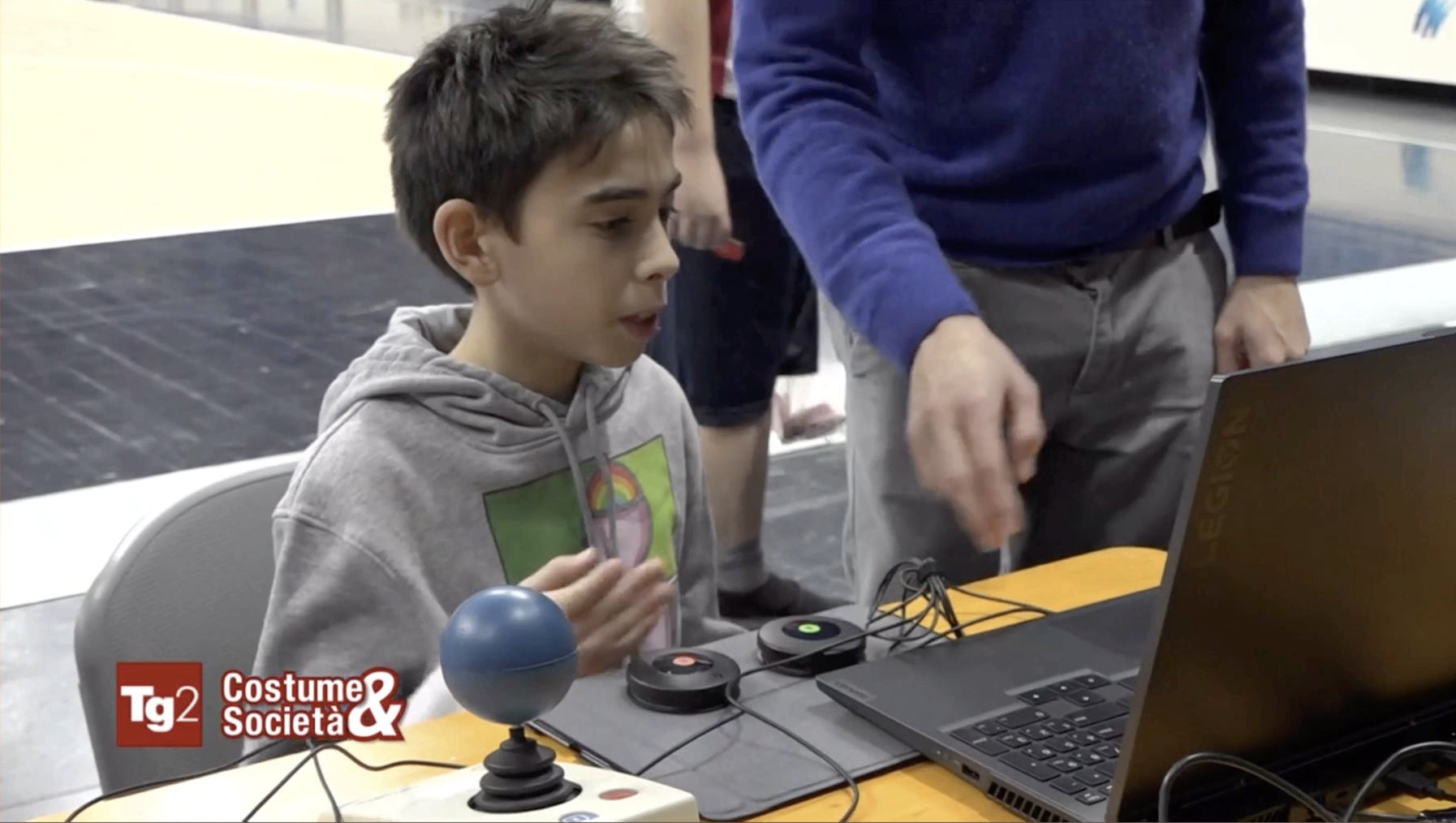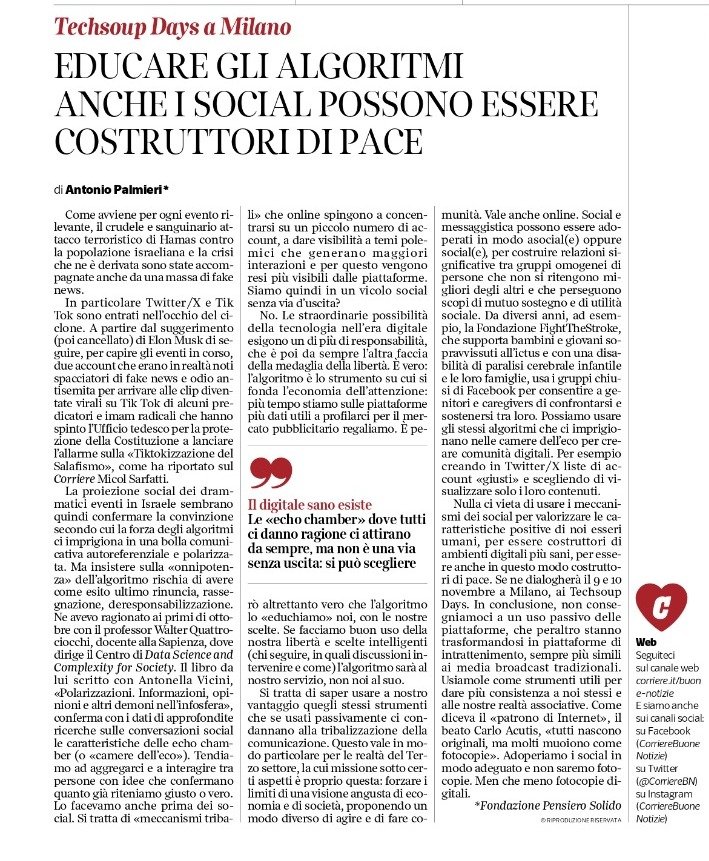Breaking Barriers: Advancing accessibility and inclusion for cerebral palsy in Milan
Breaking Barriers: Advancing accessibility and inclusion for cerebral palsy in Milan
Last month, EURORDIS was invited to participate in a three-day event from 13–15 February in Milan, organised by Vote4All.eu, a project funded by the European Union to promote participation in European democracy by improving accessibility and inclusion for people with cerebral palsy and complex disabilities.
This event was the first of five study visits, giving participants the opportunity to learn about initiatives that empower people with cerebral palsy and other disabilities, engage in inclusive activities, and take part in civic life. In a city that is home to two of Italy’s most successful football clubs and a co-host of the 2026 Olympic and Paralympic Winter Games (Milano-Cortina), many activities focused on sport as a driver of inclusion.
Thanks to the proactive support of the European Association for Cerebral Palsy and the Fight The Stroke Foundation, participants began their visit on the afternoon of Day 1 at PlayMore, a non-profit organisation founded in 2010 and located in the city centre. As Milan’s Sports Councillor, Martina Riva, explained, PlayMore serves as a model for accessibility – providing inclusive sports facilities for people with disabilities as well as refugees – demonstrating the value of public-private partnerships in fostering social integration.
A late afternoon walk through the modern Porta Nuova district, which is fully accessible for wheelchair users, allowed participants to experience one of Milan’s most contemporary urban areas. The day concluded with a convivial gathering over a happy hour, offering an opportunity for networking and informal discussions.
On Day 2, participants were welcomed at Casa Milan, the headquarters of AC Milan Football Club. After a guided tour of the museum, a representative from the AC Milan Foundation explained the club’s initiatives to support disability inclusion through sports, both in Italy and abroad, especially in Africa.
Lunch was held at Pit’sa, a restaurant and pizzeria that actively supports and involves people with Down syndrome. Martina Fuga, President of the Italian Association of Parents and Persons with Down Syndrome and of CoorDown, highlighted how an inclusive philosophy can provide both social and economic benefits, fostering greater integration.
In the afternoon, the group visited Microsoft House, a hub for innovation where companies and individuals collaborate on digital accessibility solutions. Participants explored advanced technologies designed to enhance accessibility, such as assistive devices that improve communication and interaction for people with disabilities. The visit also included an overview of future initiatives, presented in the presence of Haydee Longo, Milan’s Council Delegate for People with Disabilities.
Day 3 began with a guided visit to La Scala, where participants explored the museum and had the rare opportunity to admire the world-renowned theatre from within. The event concluded at the Google Accessibility Discovery Centre, a space dedicated to developing and showcasing accessible technologies. The centre promotes knowledge exchange and raises awareness of the diverse needs of people with disabilities. Participants had the chance to test innovative devices designed to improve independent living.
This three-day event in Milan provided valuable insights into accessibility and inclusion, facilitating exchanges among people with lived experience and offering participants hands-on content to make independent living a more tangible reality.
Special thanks go to John Coughlan, Secretary General of the International and European Associations for Cerebral Palsy, and Francesca Fedeli, co-founder of the Fight The Stroke Foundation, who advocates for young stroke survivors and people with cerebral palsy. Their dedication made this event possible.
Future study visits are planned in Ljubljana, Lisbon, Porto, The Hague, and Brussels. More information is available to view online at: cerebralpalsyeurope.org/vote4all-eu.
Corriere della Sera, inserto Buone Notizie del 17/10/2023
Il Sole 24 Ore - Le caregiver schiacciate tra lavoro di cura e burocrazia
Assegno di inclusione, incentivi per le assunzioni e fondi per il lavoro e le attività socio-educative: sono diverse le misure a favore delle persone disabili contenute nel Decreto Lavoro che a breve approderà alle Camere. Ma quello che scompare dall'orizzonte di intervento è la figura che sta accanto alla persona con disabilità.
I caregiver familiari creano un ponte tra i professionisti e la rete di supporto familiare. Sono quelle che l’Istituto Superiore di Sanità definisce come «persone che assistono e si prendono cura, in maniera continuativa e gratuita, di un loro familiare non autosufficiente o con patologie croniche invalidanti». Quasi tre milioni di persone, in larga parte donne e soprattutto mamme. Talvolta con una necessità di presenza che limita fortemente il loro accesso al lavoro. Gli ultimi dati Istat risalgono al 2018 e sono solo stime, in quanto si tratta di una figura non inquadrata giuridicamente.
Lo scorso novembre il Lazio è stata la prima regione a riconoscere i caregiver familiari come persone distinte sia dai loro congiunti con disabilità sia dagli operatori professionali: un passaggio importante, che ha gettato le basi per delineare i diritti soggettivi dei caregiver e i loro specifici bisogni. «L'Italia è un Paese di diritto, ciascuno ha un'identità dalla quale derivano i suoi diritti soggettivi. Per questo è importante riconoscere a noi caregiver familiari lo stato di cittadini diversi dalle persone con disabilità di cui ci occupiamo» spiega Sofia Donato, portavoce del Gruppo Caregiver Familiari Comma255.
Lavoro, salute mentale, salute fisica: su quante e quali siano le necessità delle caregiver occorre indagare con uno sguardo libero dalle troppo accuse di assistenzialismo. «Nella rete sanitaria - - spiega Francesca Fedeli, founder di FightTheStroke, fondazione che supporta la causa dei giovani sopravvissuti all'ictus - manca la figura di un case manager che metta insieme le informazioni e gli aspetti burocratici . Le iniziative sono frammentate, reperire le informazioni e giungere a ottenere i benefici disponibili comporta un carico di lavoro che si somma al resto. Il risultato è che molte di queste caregiver familiari finiscono col trascurare non solo la propria vita sociale, ma anche la propria salute».
Si può pensare a servizi capaci di intercettare il malessere e di prendere in carico i sintomi, una rete di supporto gestita da personale specializzato capace di guidare nella gestione sanitaria e burocratica. Un modello che capovolga la visione, per una gestione delle risorse a favore delle caregiver familiari, alle quali non può essere semplicemente richiesto il sacrificio totale in nome della maternità. «Ho scelto di essere madre, non di essere una caregiver familiare. L’amore è un sentimento istintivo per una madre, ma il carico di lavoro e mentale non può essere imposto» spiega Sofia Donato, che il 29 maggio porterà le istanze del Gruppo Comma255 in un convegno a Palazzo Theodoli Bianchelli, dove interverranno anche la ministra per le disabilità Alessandra Locatelli e la ministra per la famiglia, la natalità e le pari opportunità Eugenia Roccella.
